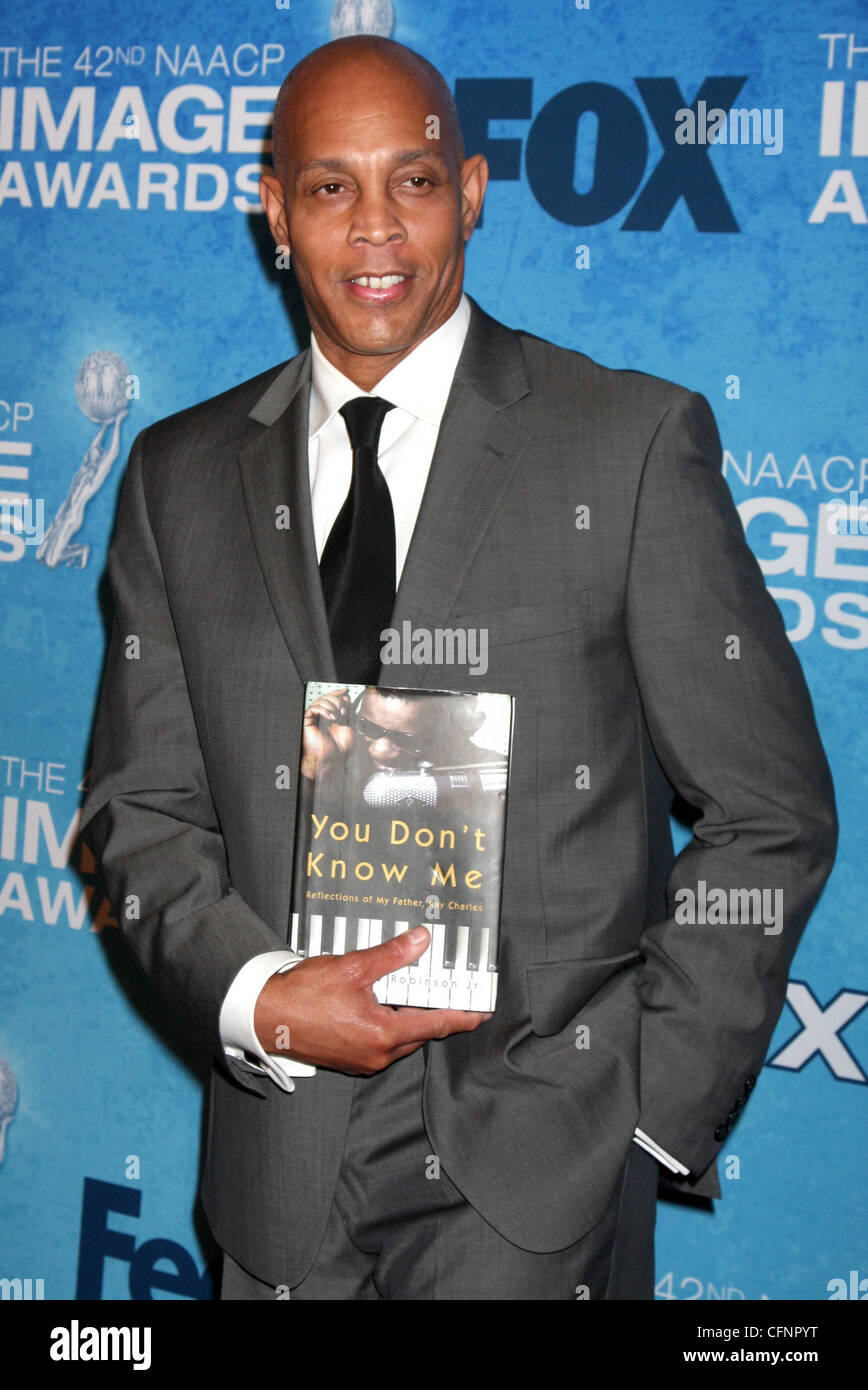

He also became a familiar fixture on television, known for his impenetrably black sunglasses, dazzling smile, and enthusiastic side-to-side sway while playing.

He impressed many with his first major hit release, "I Got a Woman," in 1955 and earned the nickname "The Genius of Soul," but it wasn't until 1959 that Charles really sent shockwaves through the music industry with his breakthrough hit "What'd I Say." That same year he introduced his first number one hit, a version of a song that would become a particular anthem for the singer: "Georgia On My Mind" (after Charles' popularization, his interpretation of the tune became the state's official song in 1979).įor the next several decades Charles would continue to score dozens of pop hits, spanning all manner of musical styles and seemingly appealing to all tastes-his fans disciples are as diverse as Sammy Davis, Jr., Billy J l, Willie Nelson and Clint Eastwood. In the mid-1950s, he added a team of female backup singers dubbed the Raelettes, who provided responses like a gospel choir and they became a permanent part of his musical image. Soon Charles developed his own signature style, a potent blend of gospel and R&B that soon was dubbed soul music (his music would later incorporate an even wider range of musical styles, including rock and roll, country, jazz, swing and blues). Augustine School for the Deaf and the Blind, where he learned to read and write music in Braille, score for big bands and play many instruments by ear.Īfter graduating and working black dance halls, Charles moved to Seattle and began patterning himself after Nat "King" Cole (it was there he made nascent composer-arranger Quincy Jones, whom Charles taught to write music). 23, 1930, as Ray Charles Robinson (he later dropped the surname in deference to Sugar Ray Robinson) to a impoverished Depression-era family in the segregated South in Albany, Georgia, Charles was blind by age seven-possibly due to glaucoma, possibly not he was never convinced of the diagnosis-and orphaned at 15, but the extraordinary skills as a pianist he'd cultivated since age 3 prepared him for the music classes he's attend after he was send to the state-supported St. His signature soul and R&B sounds-in such definitive Charles hits as "Georgia on My Mind," "You Don't Know Me," "Hit the Road Jack," "Unchain My Heart," "I Can't Stop Loving You" and "What'd I Say" converged with his personal image as an artist of prodigious talent and infectious good spirits to help him overcome his physical handicap - though that, too, contributed to his enduring and distinctive image as a pop culture icon.īorn Sept. It was a necessity for me, like food or water." As one of the most original American recording artists to emerge in the 20th century, Charles' music got into the blood of generations of admirers as well. It was a force already with me when I arrived on the scene. "Music was one of my parts.like my blood. That's the only explanation I know of," Ray Charles wrote in his 1978 autobiography, Brother Ray.


 0 kommentar(er)
0 kommentar(er)
